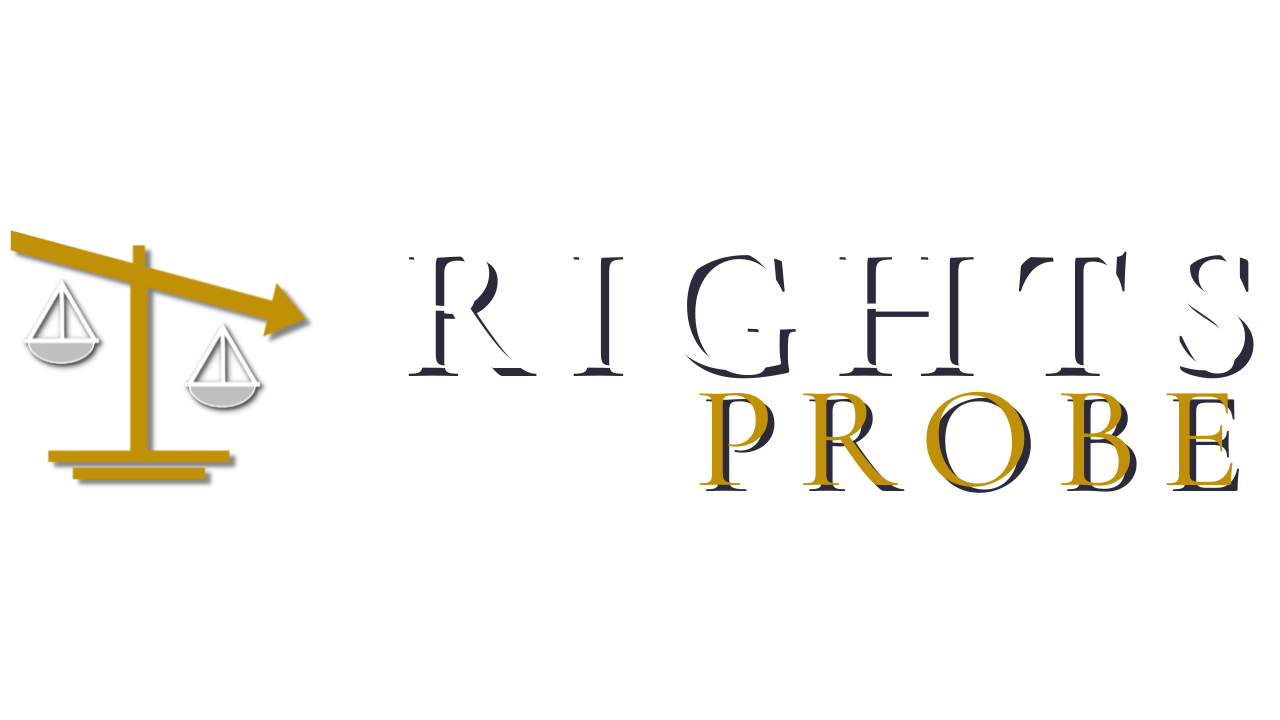Courts and governments caused B.C.’s property crisis. They’re not about to fix it
By Bruce Pardy | Published by the National Post | November 13, 2025
In British Columbia, property rights are in turmoil. The B.C. Supreme Court recently declared that Aboriginal title exists on 800 acres of land in Richmond, a suburb of Vancouver. Aboriginal title, said the court, is “senior and prior” to fee simple interests. In the shadow of the decision, given the implications, Aboriginal title claims are receiving more attention. Kamloops and Sun Peaks ski resort are targets in one such claim. Meanwhile, the B.C. government has been conferring Aboriginal title across the province too. It continues to make agreements, such as on Haida Gwaii, to transfer control over land use in the province.
In Summary by Rights Probe
Prof. Bruce Pardy traces the roots of this turmoil to the Constitution Act, 1982, which excluded private property rights while guaranteeing existing Aboriginal rights. Over the years, the Supreme Court has expanded these rights, culminating in the Richmond decision, which is currently under appeal.
The Trudeau government’s commitment to the United Nations Declaration on the Rights of Indigenous Peoples (UNDRIP) has further complicated the landscape, notes Prof. Pardy. British Columbia has incorporated UNDRIP into provincial law through the Declaration on the Rights of Indigenous Peoples Act (DRIPA), leading to increased recognition of Aboriginal title.
Prof. Pardy turns his attention to legal experts who suggest that amending the Canadian Constitution to prioritize private property rights in British Columbia could be a solution. He refers to law professor Dwight Newman and his proposal that utilizes Section 43, which allows for provincial-specific amendments, to ensure that private property takes precedence over Aboriginal title. However, the effectiveness of this approach remains uncertain, as past amendments have been minor and remain untested in court.
Simpler solutions might include a reversal of support for UNDRIP by the federal government or a repeal of DRIPA by the B.C. legislature, but political reluctance to challenge Aboriginal rights will likely override both possibilities, continues Prof. Pardy. His observation that “few political actors will step out of line on Aboriginal questions, even to defend the country’s land, economy, and people,” may lead to the deflating realization that the Canadian core is one of “acquiescence”.
The broader issue, asserts Prof. Pardy, is the increasing tendency to view property rights through the lens of Aboriginal claims. Doing so, he says, raises fundamental questions about the nature of legal rights and the future of land tenure in Canada, a country where “Aboriginal rights are widely regarded as the natural and proper order of things” and “special status for Aboriginal people is deeply ingrained in Canadian culture as well as the constitution.”
But it is dead wrong, says Prof. Pardy.
In Canada, he argues, everyone is considered native to the land, and in a free society, laws should apply to individuals and their private property, not to specific groups.
Read Bruce Pardy’s commentary in full at the publisher’s website here.
Bruce Pardy is senior fellow at the Fraser Institute and the Frontier Centre for Public Policy, executive director of Rights Probe, and professor of law at Queen’s University.
Follow our journey.
Subscribe to our newsletter: rightsprobe@protonmail.com
Related Reading
Eby Bringing B.C. To Its Knees with Aboriginal Land Deals
Aboriginal Rights Now More Constitutionally Powerful than Any Charter Right
B.C. Aboriginal Agreements Empower Soft Tyranny of Legal Incoherence
Canadians’ Legal Rights Should Not Depend on Lineage — Indigenous or Otherwise
Poll: Canadians Overwhelmingly Want First Nations Financial Transparency
In an Independent Alberta, Aboriginal Rights Should Not Exist
